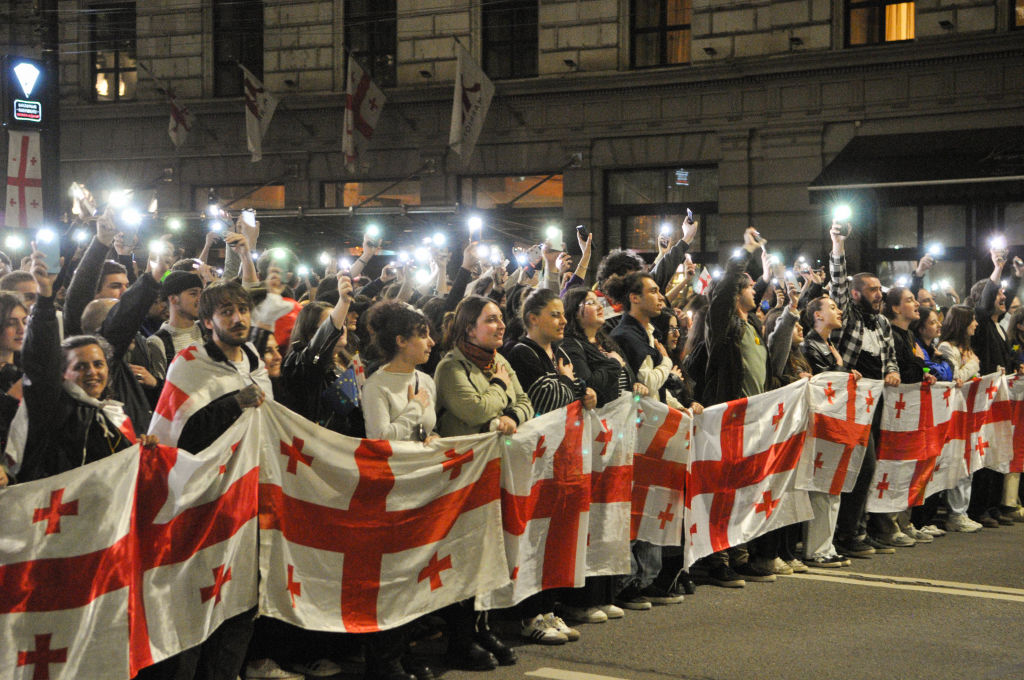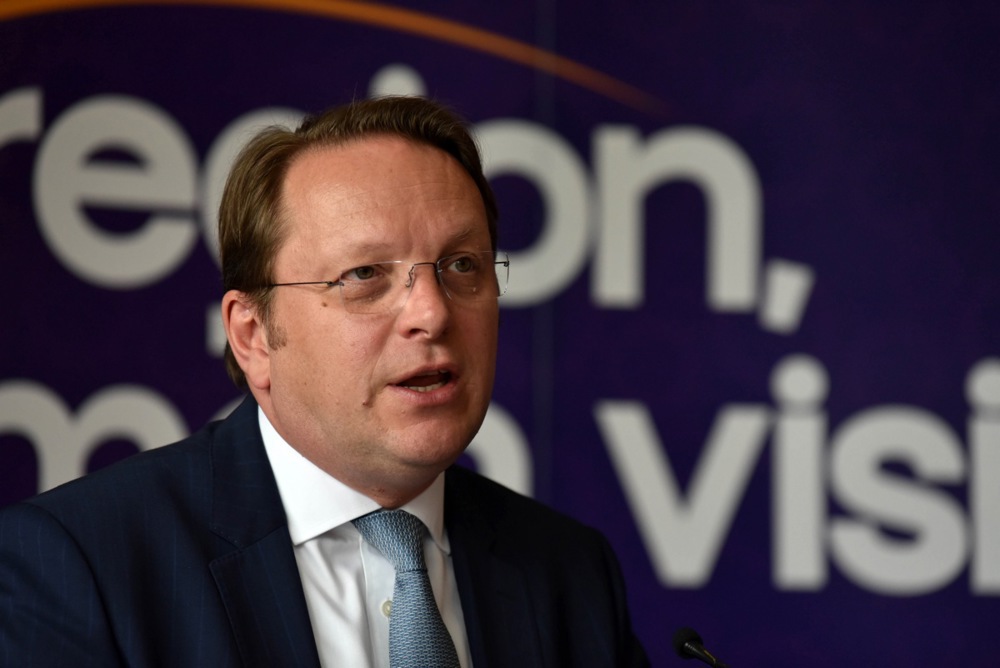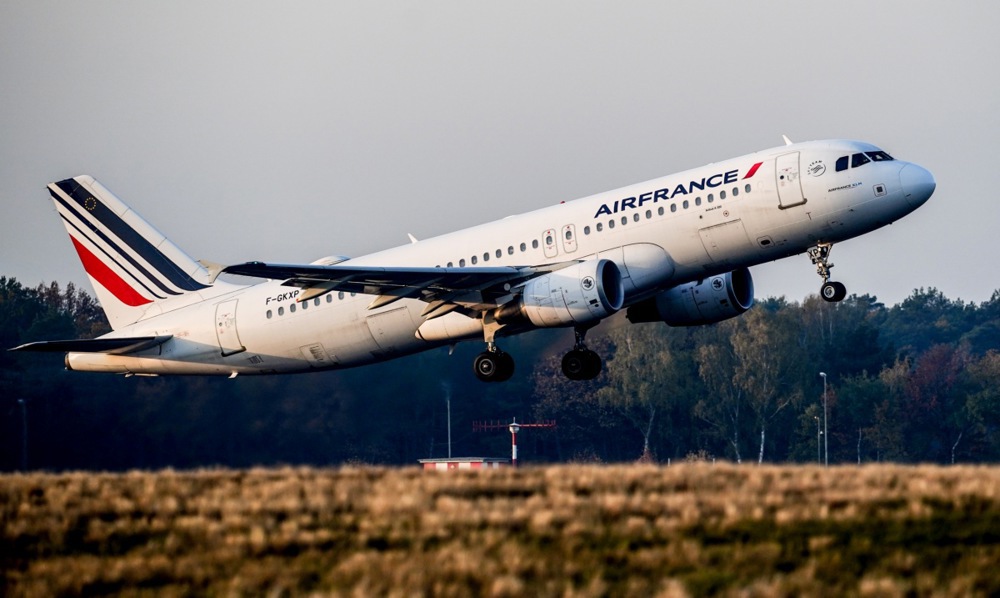The European Union’s ambassador to Georgia said on Tuesday that the bloc had frozen 30 million euros in military aid to Georgia amid what he said was “a low point” in relations between the two.
Georgia‘s parliament in June passed into law a bill requiring groups that receive funding from abroad to register as foreign agents, criticised by the domestic opposition and some Western governments as a Russian-inspired measure to crack down on dissent.
The country has repeatedly denied these claims.
?1/3
EU Ambassador, Pawel Herczynski:
Regrettably, Georgia’s EU accession process is stopped for now – this has been decided by EU leaders during the last European Council. pic.twitter.com/52QodRsj9n
— EU Delegation Georgia ?? (@EUinGeorgia) July 9, 2024
Speaking at an event in Tbilisi, Ambassador Pawel Herczynski said: “For the moment, the money that we have planned to transfer to the Georgian ministry of defence, which is 30 million euros, has been frozen. And this is only a first step. There will be other steps.”
Herczynski said that the bloc would “gradually diminish” aid to the Georgian government, and would shift instead towards supporting the country’s civil society and media.
The move is the first direct consequence of the downturn in Georgia‘s traditionally warm relations with the EU over the foreign agent law, and comes after the United States indefinitely postponed military exercises with the Georgian army last week.

The law requires all organisations receiving more than 20 per cent of their funding from abroad to register as agents of foreign influence, or face harsh fines and disclosure requirements.
The bill’s passage prompted a major breakdown in relations between Georgia, since 1991 among the most pro-Western of the Soviet Union’s successor states, and the West.
Georgia‘s government has in recent years drawn Western criticism for what critics have said is an authoritarian tendency at home, and deepening relations with Russia and China abroad.
Georgia in December received EU candidate status, but the bloc has repeatedly said that Tbilisi’s current policies mean its membership bid is effectively frozen.
Herczynski said on Tuesday that he doubted that the EU would choose to open membership talks with Georgia this year, and said that the country’s accession process was “on hold”.
COMMENT: EU criticism of Georgia's "foreign agents law" is orchestrated, ideological, and virtue-signalling. In any other country, this is called transparency, but in Brussels, the Commission calls it “pro-Russian,” writes @rodballester. https://t.co/9TOdlx89Et
— Brussels Signal (@brusselssignal) June 7, 2024





